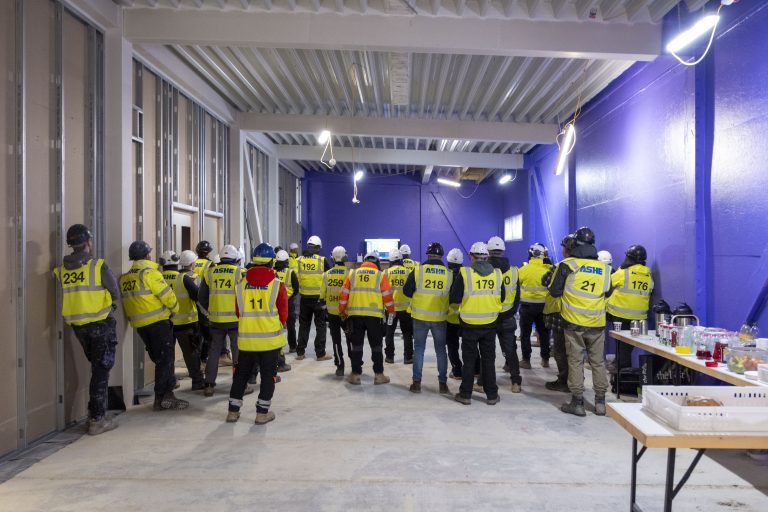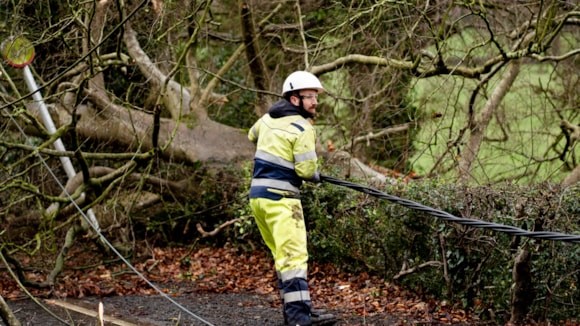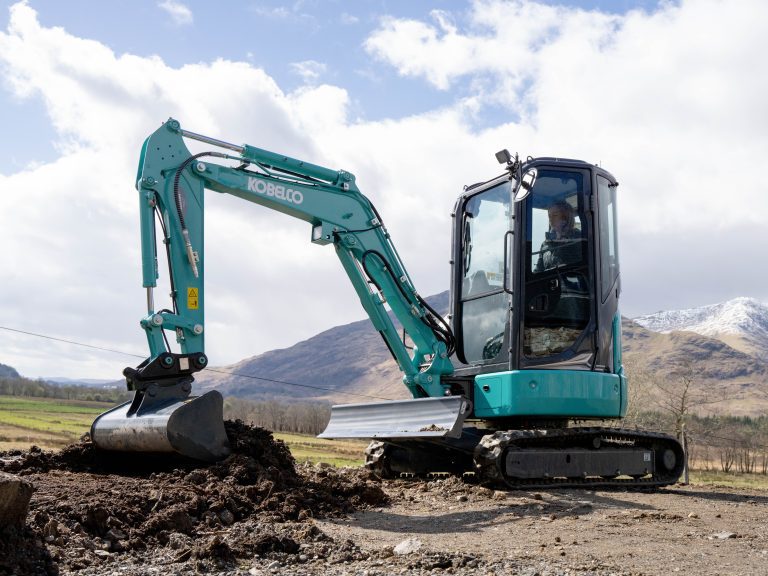There’s no doubt that construction sites are among the most hazardous to work in. According to the Health and Safety Executive, its workplaces see the second-highest number of self-reported injuries across the country. This mainly has to do with the materials construction workers use, the manual labour, and the environments they operate in. Simply working on building sites means slipping and falling or being hit by objects dropped from a great heights can cause serious bodily injuries. Although, it’s also vital for construction workers to remember to take care of their eyes as well. Whether they’re welding, doing outdoor construction work, or working with chemicals, those working in this industry must prioritise shielding their eyes from possible harm. This can help to ensure worker safety, job satisfaction, and even the final quality of the project they’re working on. Therefore, it’s crucial to ensure that the following tools are always present on construction sites to provide the best means for eye protection and first-aid treatment: Protective equipment Safety goggles Providing personal protective equipment (PPE) is a requirement for every construction site due to the fact that they can effectively prevent serious injuries when working with dangerous or heavy machinery, operating in the same area as machine drivers and operators, and even using equipment that can potentially cause hearing impairments. Aside from gloves, high-visibility clothing, and hearing protection devices, however, a construction worker’s PPE essentials should also include safety goggles. Though safety eyewear can look and feel like regular eyeglasses, goggles are more ideal for construction work because they boast frames that completely seal off the eye area and provide protection from more angles. The 2890 model from 3M, for example, is made of durable polycarbonate and comes with anti-fog and anti-scratch lens coatings. That means they can effectively block flying wood chips, welding sparks, and other tools or objects while keeping a worker’s field of vision clear so they can safely see what they’re doing. UV-blocking sunglasses The initial phases of any construction project often take place outdoors. This exposes workers to the sun and puts them at risk of overexposure to its UV rays. These rays are most commonly known for accelerating age-related diseases like cataracts, and their short-term impacts can significantly impact construction site eye safety. Sunlight bouncing off reflective materials like glass and metal can overwhelm the eyes with glare. This can lead to workers not being able to see what they’re doing at key moments, leading to accidents. In the worst-case scenario, excess glare can cause temporary blindness through a condition known as photokeratitis. These potential incidents make it crucial to supply workers with UV-blocking sunglasses when working outdoors. Models with larger frames, like the Grayson from Glasses Direct, will generally be more effective because they’ll shield more of the eye area. These sunglasses often come with an option to add prescriptions to their lenses, which can be a more convenient means of protection for construction workers who wear corrective glasses. However, the one feature that shouldn’t be overlooked is polarisation. Polarised sunglasses use filters that can eliminate glare and make it safer to work outdoors. First aid Eye wash Construction workers also work with a number of chemicals, including those that help cure concrete, add waterproofing to buildings, and improve grout quality. Unfortunately, many of these compounds aren’t meant to touch the eyes and skin—meaning that any splashes can cause serious irritation and injury. Though safety eyewear like goggles and sunglasses can shield against those splashes, workers need a tool that will prevent further damage when splashes manage to reach their eyes. That’s where eye wash stations comes in. Construction sites must have eye wash stations where workers can flush their eyes of the offending chemicals. An eye wash is usually comprised of purified water mixed with saline solution or boric acid, which helps neutralise these chemicals and fight off potential infections. To properly clean their eyes, workers must keep them open while flushing them with the wash for a full 10 to 15 minutes, then seek medical attention. Tap water can be used in emergencies, but is generally not recommended due to the contaminants it may contain. Eye shields Similarly, eye injuries like corneal abrasions may still happen despite the use of protective eyewear. As exemplified by a close call experienced by tradesman Brad Morrison, objects and debris can potentially crack safety lenses and make it to the eye if they’re flying at extremely fast speeds. In Morrison’s case, his glasses were able to stop a wood chip from doing that just in time—but in the cases where a worker’s eyewear can’t, it’ll help to have eye shields on hand. These tools are essentially small, cup-like objects strapped over the eye. They’re commonly used to protect the eyes after cataract surgery. In construction, however, eye shields are often used to ‘vault’ or contain any traumatic eye injuries before they can be treated by a medical professional. The best shields are usually made of shatter-proof polycarbonate and use designs with small holes for ventilation.














